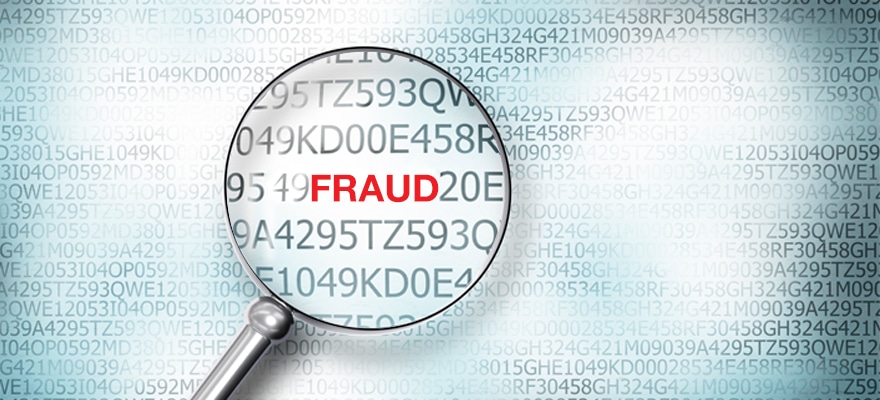The US derivatives watchdog said on Wednesday that it has filed charges against privately held My Big Coin Pay, the corporate parent of the online cryptocurrency payment platform and virtual wallet website MyBigCoin.com.
Last week, the CFTC filed federal charges for fraud and misappropriation against three separate digital coin operators, alleging that they .
Specifically, the CFTC charged New York resident Randall Crater, Mark Gillespie of Michigan and their company with misappropriating money from customers they had solicited for providing virtual-currency trading and other services.
In a criminal complaint filed in Massachusetts district court, the CFTC describes how My Big Coin sold digital tokens known as ‘MBC’ as part of a purported ICO that allows investors to enjoy a lavish lifestyle, including travel, entertainment, jewelry purchases and “much more across the world.”
The agency also obtained an emergency asset order, citing the movements of the ICO funds into different accounts.
The CFTC alleges that between approximately January 2014 and January 2018, the defendants and the Las Vegas-based corporation fraudulently solicited more than $6 million from swindled investors.
The agency alleged that the MBC website made false statements to prospective investors, as well as purposefully misrepresenting that the token was backed by gold, partnered with MasterCard, when in fact it was not.
The fraudsters also represented the MBC token to investors as being used to “to purchase a home, antiques, fine art, jewelry, luxury goods, furniture, interior decorating and other home improvement services, travel, and entertainment.”
Founded in December of 2013, My Big Coin is a virtual currency wallet and platform that allegedly allows merchants and consumers to process transactions with its own digital currency.
Director of Enforcement James McDonald, stated: “As this case shows, the CFTC is actively policing the virtual currency markets and will vigorously enforce the anti-fraud provisions of the Commodity Exchange Act. In addition to harming customers, fraud in connection with virtual currencies inhibits potentially market-enhancing developments in this area. We caution potential virtual currency customers, once again, that they should engage in appropriate diligence before purchasing virtual currencies.”





Be First to Comment